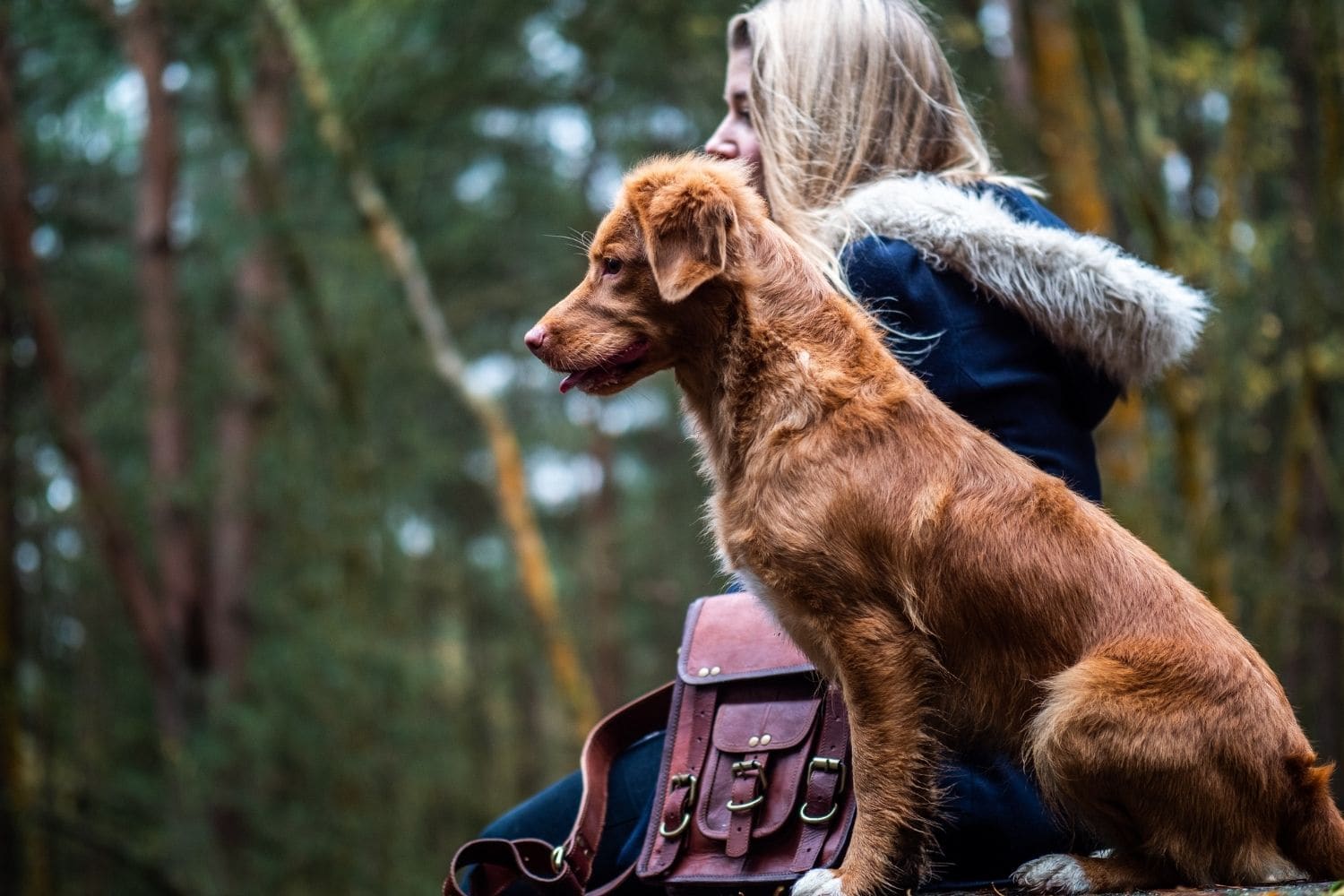AD | Collaborative post
When you bring your puppy home, there are so many unique experiences and factors to consider that you could overlook one of the most critical aspects of the transition: establishing a routine. The structure will give your new canine family member a sense of security and let him know what to expect.
Making a timetable and sticking to it is the best method to achieve this. It’s important to start developing positive habits with your new dog within the first few weeks. A routine, by the way, benefits not just the puppy; it also improves life simpler for the family’s human members. You won’t have to schedule every minute of your dog’s day, however, there are a few things you should consider.
The Feeding Schedule for Your Puppy
Unlike grown dogs, who don’t need a meal plan for pups, most puppies require three meals every day. Plan his mealtimes within your own breakfast, luncheon, and dinner to make it easier to remember. Make sure his water bowl is clean and that it is constantly filled with clean water.
Potty Breaks Should Be Scheduled
Maintain a consistent schedule of bringing your puppy outdoors every 2 to 4 hours and after each change of activities. This is especially crucial during housebreaking since it will reduce the number of mishaps.
You’ll be well on your approach to a joyful, well-adjusted dog if you set the habit from the start. Before you can start any obedience training, such as BrainTrainingForDogs.promo training, you must have your dog on a schedule with the basics like potty training completed. It’s worth investing the time and effort now to ensure that bad habits and behaviors don’t take hold.
It’s Vital to Have Fun!
Exercise and connection with you are essential for your dog. A word of caution: pups do not benefit from persistent, hard activity (long runs, jumping), but they do benefit from playing, cerebral stimulation, and socialization.
Bedtime and Naps
Puppies sleep a lot, and some might sleep even more than 16 to 18 hours each day. Plan for him to take a few calm naps during the day. Family members, particularly small kids, should learn just not to wake him up while he sleeps. He is in desperate need of sleep! You may have to place a kennel in a quiet area of the home so he isn’t disturbed by the noise during naptime.
When it comes to nighttime, some owners choose a precise hour to put their dog to sleep. Others simply want him to go to bed when they do. Setting puppy nighttime and assisting him may be easy.
Is It Necessary to Set a Schedule with My Puppy?
The sooner you establish a routine, the easier it will be for him to acclimate to his growing family and for you to adjust to him. Routine makes it easy for everyone, including humans, to understand what is and is not appropriate conduct. For some tips and assistance to create a schedule for your new puppy, see the AKC site linked here.
Take the puppy out first thing every morning to relieve himself. After he’s taken care of his responsibilities, spend some time playing and connecting with him.
Time for breakfast:
Puppies must be fed. Allow no more than 15 minutes for the food to sit. Pick up the bowl after that and don’t feed any more foods until another meal (except for small treats used for training). Clean the water dish and fill it with fresh water.
Puppies frequently need to relieve themself again after their breakfast, then within a few moments of meals, so give him another chance to release himself on the potty.
Mid-morning:
Spend the rest of the morning napping, preferably in a dog crate or enclosure. Even if you’re home throughout the day, the puppy should spend some time in a crate or enclosure to learn how to be alone.
Noon:
A rerun of the early hours ritual — go outside as soon as he awakes.
Mid-afternoon:
It’s time to go anyway — again — when he wakes up.
Dinner:
If you schedule his meals around yours, it’ll become second nature to feed him while either you’re cooking or when the rest of the family is eating.
Evening:
Another trip to the bathroom!
Bedtime:
Having a scheduled bedtime helps him sleep better.

